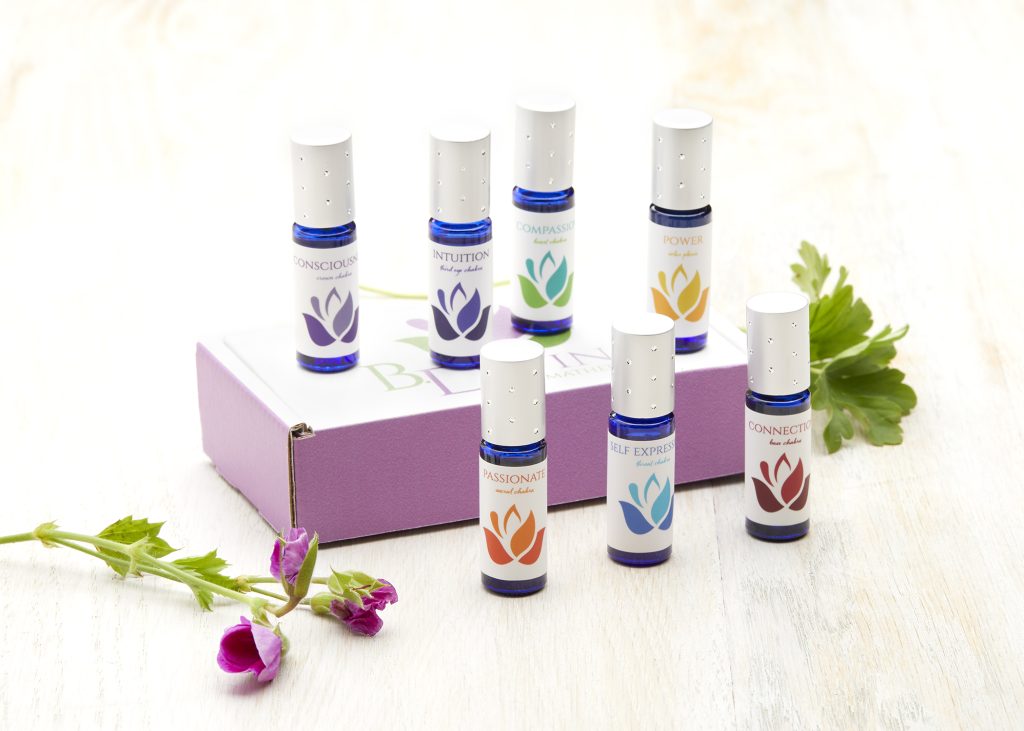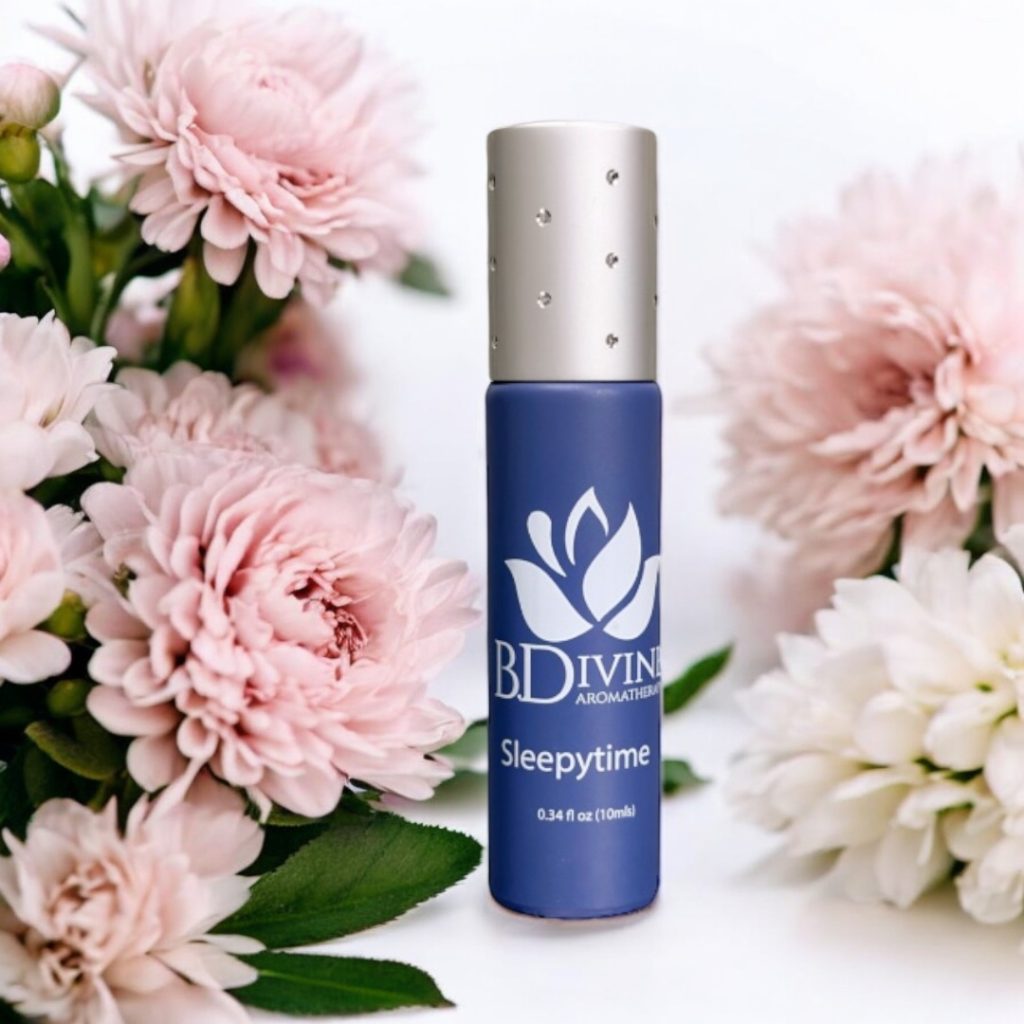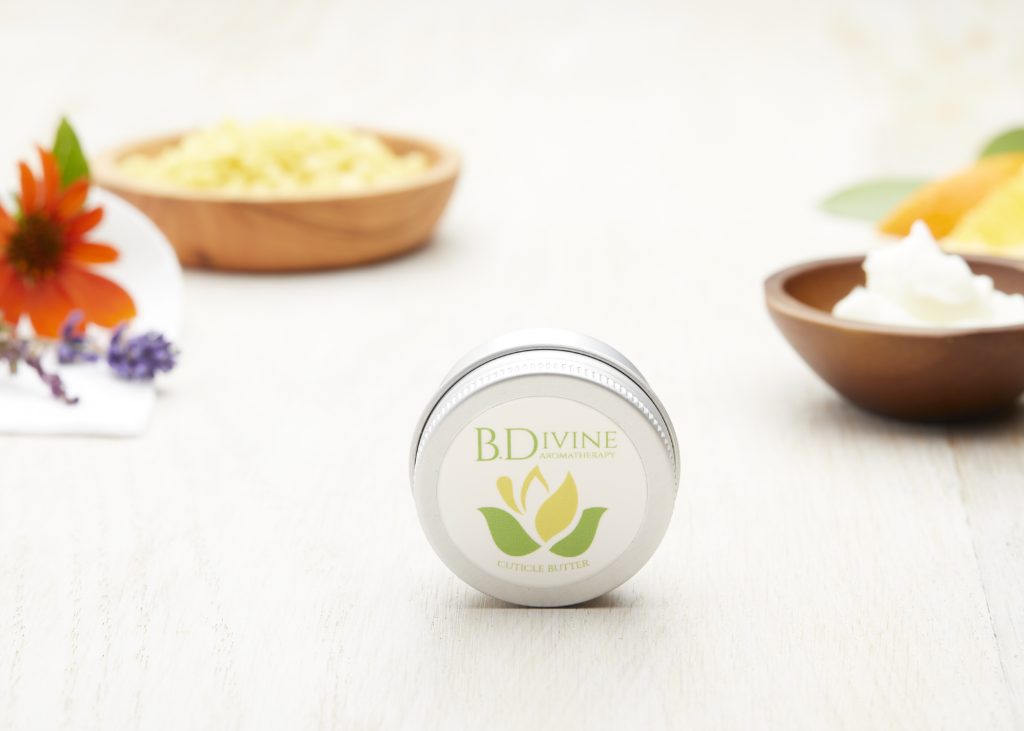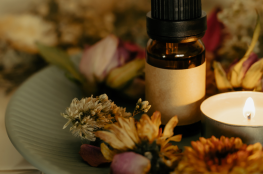Mistakes You Could Be Making When Storing Your Oils
“Knowledge becomes power when we put it to good use.”
– Anonymous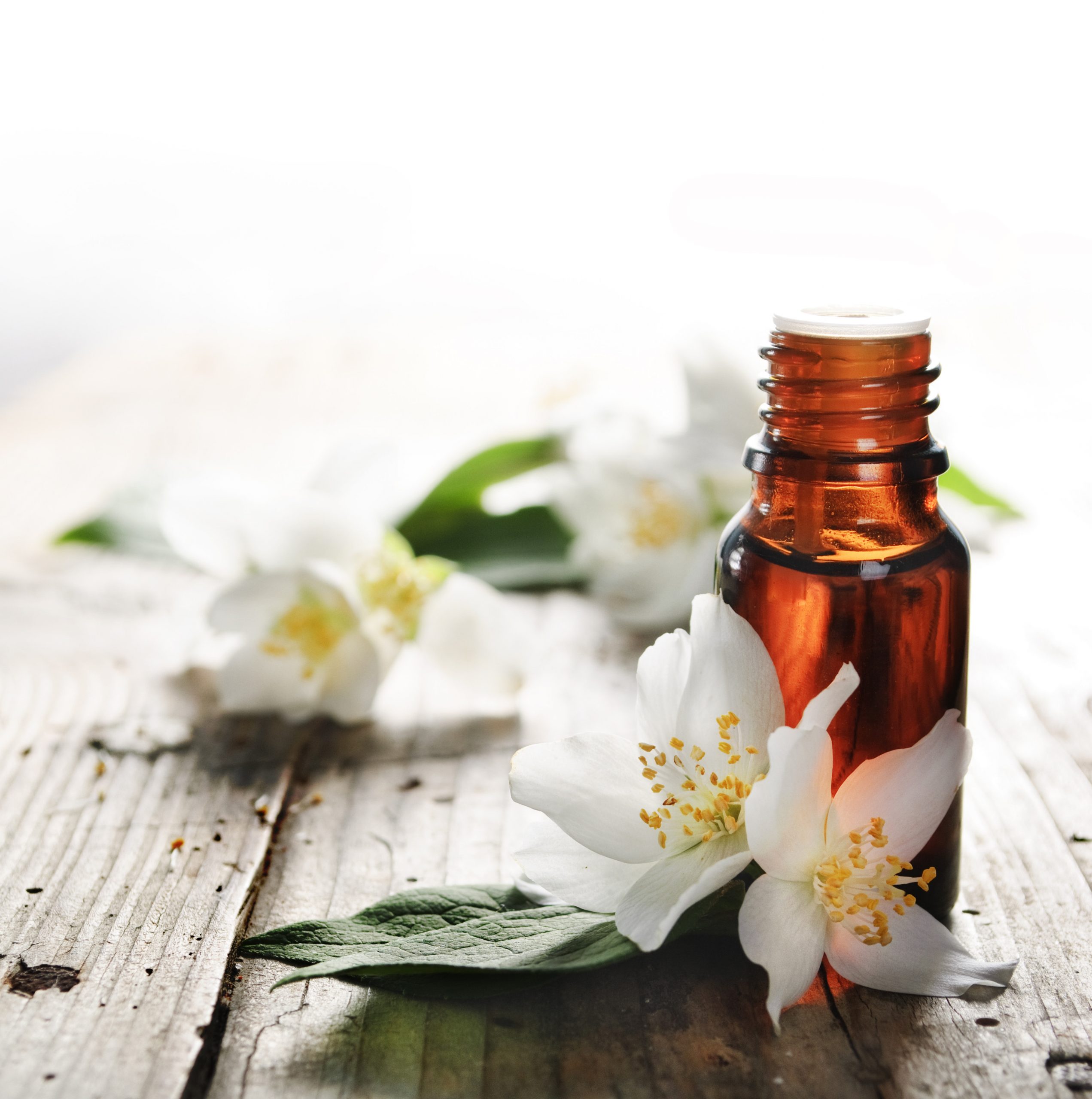
Are you storing your essential oils properly?
Summer is here and your essential oils are at risk of spoiling if you don’t care for them properly.⠀There are so many different things that can affect the shelf life of your oils.⠀
Follow these guidelines for storing your oils so you can minimize the chance of them spoiling. ⠀⠀⠀
Factors that can cause your oils to spoil.
Heat
Essential oils are at risk of degradation if they are exposed to heat for long periods of time. Keeping your oils in a cool place, not exceeding 65 F will help maintain the integrity of the constituents. I keep most of my essential oils in a refrigerator for this reason.
Did you know that each oil also has a flashpoint (meaning there is significant vapor to ignite the air.) You can find the flashpoint specific to your oil on the MSDS sheet. It would be unusual for your oils to ignite, but there is potential, so don’t leave them in your car, or sitting in the sun. Store in the cool and you’ll be okay.
Moisture
Store your oils away from moisture. Keeping them in your bathroom where the shower is (unless its a shower product), is not ideal.
When moisture gets into your oils, it could ruin your oil. If you have cloudiness in your oil, it could mean moisture has gotten into it. It is possible to see a bead or water bubble in the bottom of the oil container. If you receive an oil that looks like this, send it back to the store. If this occurs while you have the oil, stop using it and dispose of it properly.
Exposure to light
There is potential for essential oils to react with the sunlight and breakdown your oil. This is why essential oils usually come in a brown or blue bottle. To protect it from light. Storing away from the light in a cool, dark spot is best for the longevity of your oil.
Oxygen
Make sure after using your essential oils that you tightly close the container. Exposure to oxygen can cause your oil to oxidize.
What is oxidation and why do you care? Oxidation is the process by which an essential oil gains oxygen, thus changing the chemistry of the oil.
Oxidation can lead to changes in the smell of the oil. It can cause sensitization if the oil is applied to your skin. An example of oxidation in German chamomile oil is when the oil color changes from blue to brown. Oxidation is a slow process and usually occurs over 1-2 years.
When your oil becomes oxidized the only thing it is good for is cleaning.
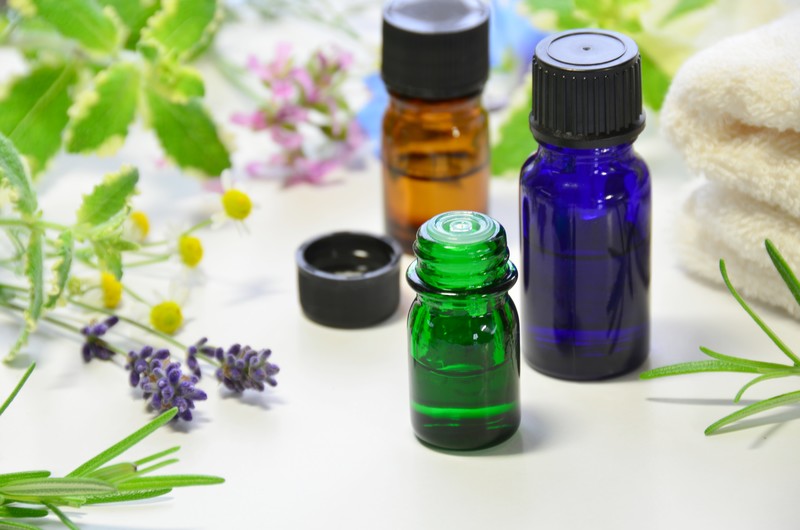
Not all oils spoil at the same rate.
Citrus oils are usually the first to expire. They are extra sensitive to spoilage due to the high limonene content. Whereas patchouli, vetiver, and ylang-ylang, are known to become better with age. For this reason, I always store my citrus oils in the refrigerator.
What are the telltale signs your oil is spoiled?
In my experience it is not always easy to tell if an oil has gone bad but, here are some signs that your oil may be spoiled:
1) The consistency of the oil has changed.
2) The aroma of the oil is off or has changed.
3) There appears to be a bubble (of moisture) in the oil.
4) The color of the oil has changed.
5) The oil has become cloudy.
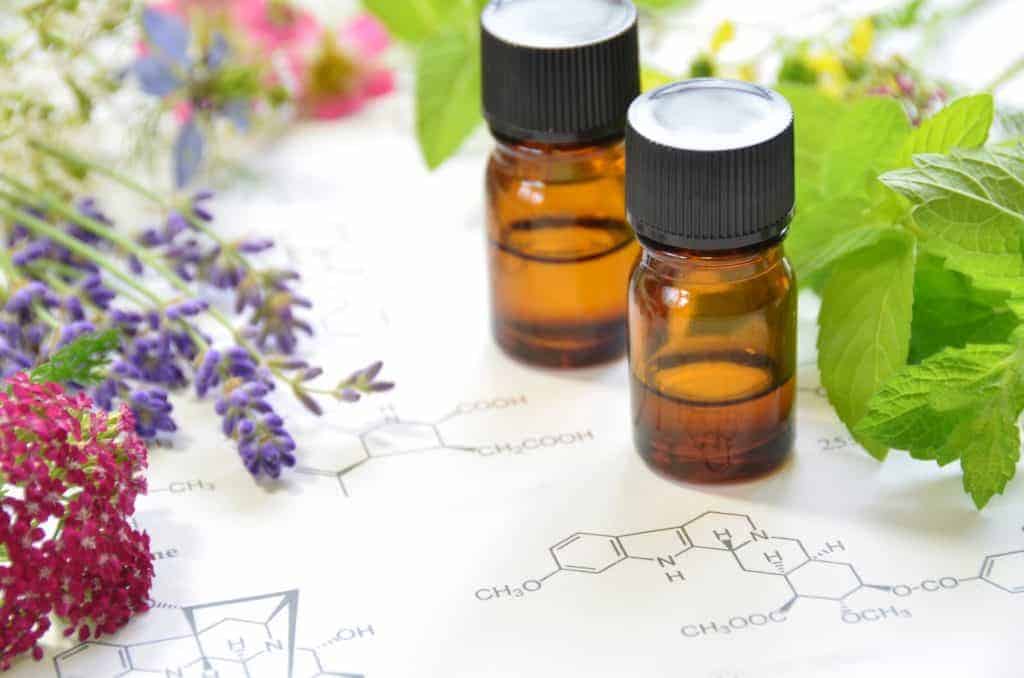
What happens if I use spoiled essential oils?
Using rancid/spoiled oils can lead to skin allergies and sensitization. Examples of this would be skin rashes, skin redness or swelling, itching, or irritation. Once your oils are oxidized or changed by heat, light, and moisture, the chemistry of the oil is changed and no longer works effectively. In most cases, the oil will need to be discarded.
How long will my oils last if stored properly?
Usually, if oils are stored correctly, the shelf life can be at least 2 years. Citrus oils are less than that unless stored in a refrigerator. This is a good reason to only buy what you need and not keep large amounts of oils around.
Getting to know your oils is the best way to ensure that your oils are fresh and work the way you expect them to. I always say, when in doubt, throw it out. I would rather throw out my oil if I believe it has expired, than risk skin sensitization or unwanted effects.
References
[Robert Tisserand and Rodney Young, Essential Oil Safety (Second Edition. United Kingdom: Churchill Livingstone Elsevier, 2014)
Petersen, Dorene. “Essential Oil Safety.” Aroma 101: An Introduction to Aromatherapy, edited by Dorene Petersen, 18th ed., Oregon, American College of Healthcare Sciences, 2017
Learn more about our aromatherapy products.
